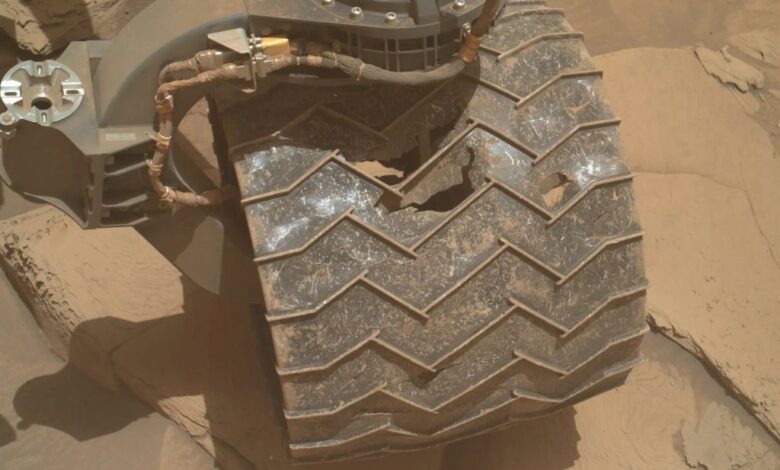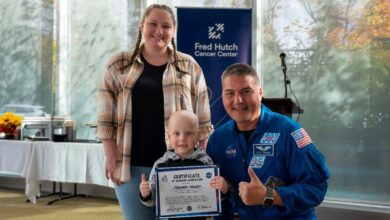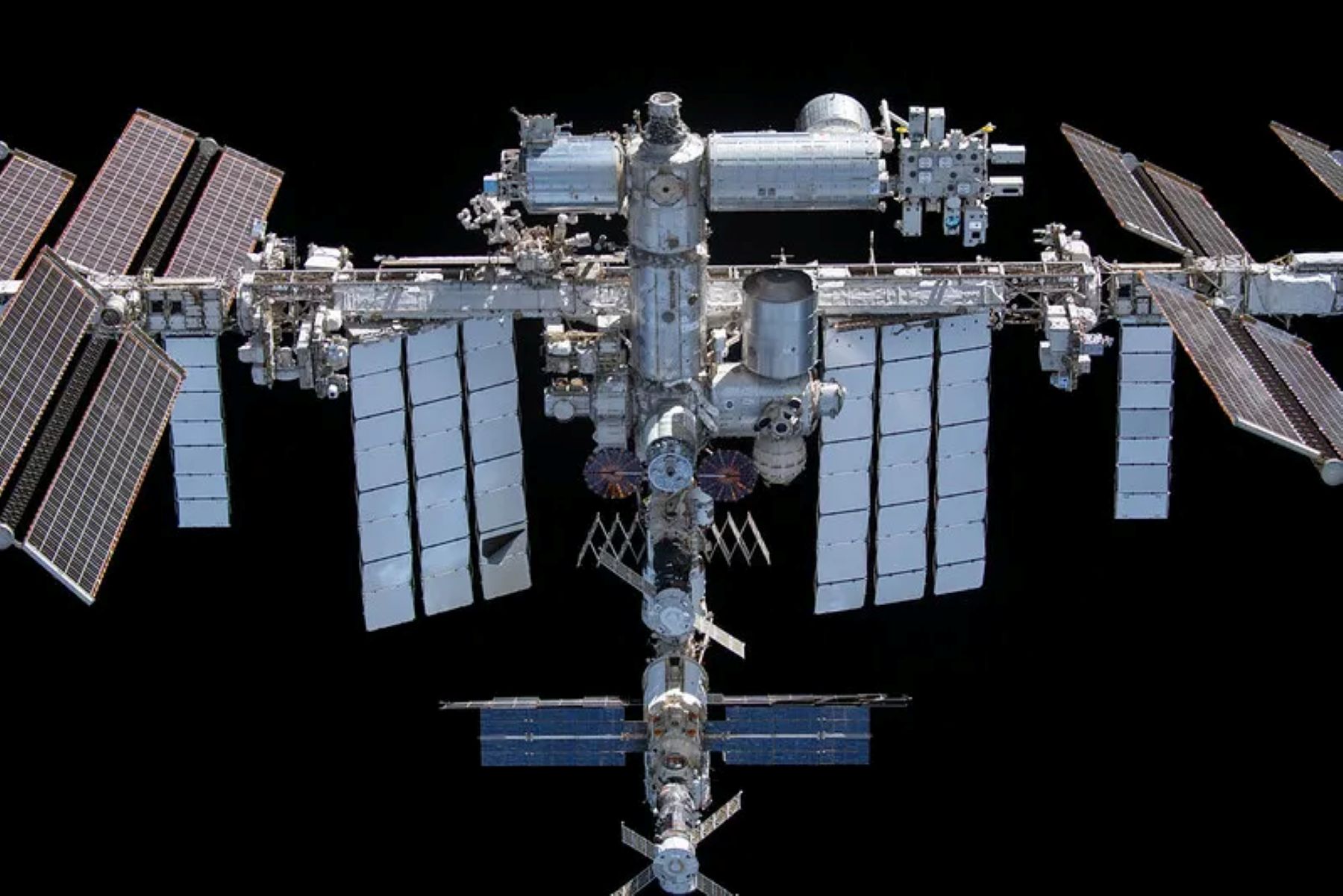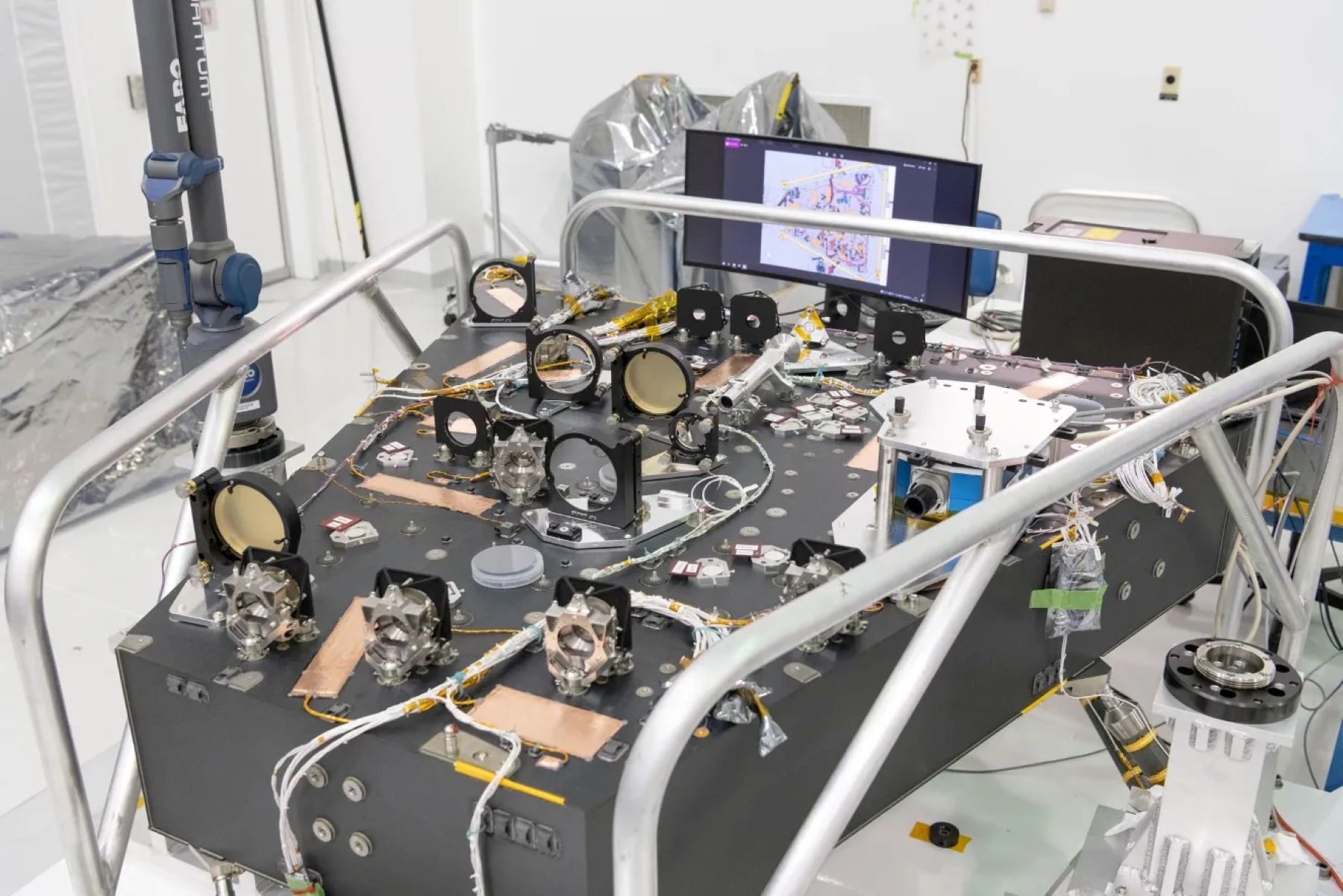Sols 4311–4313: A Weekend of Engineering Curiosity

Earth planning date: Friday, Sept. 20, 2024
Today, we planned for 3 sols over the weekend. On Sol 4311, we have a lot of science activities planned, including some ChemCam and Mastcam observations of the “Obelisk” target. These activities will allow our instruments to gather data about rock features of interest within the rover workspace, including a LIBS analysis which will give us more insight into chemical composition. We will also take some landscape images of the ridges within the upper Gediz Vallis channel.
But we don’t only plan for science activities – as a robotic arm engineer, I’m looking forward to a new in-flight activity we are executing on Sol 4311. We are testing parallelism between arm activities and a telecommunications window between the rover and an orbiter. As we get further and further into the mission, we have been testing what activities we might be able to do in parallel (ie: they are happening at the same time on the rover!) in order to be more efficient during our on time. After this execution, we’ll be able to get more information on how both activities went, and if it was successful, this will be able to save us a lot of time in the future!
On 4312, we have some remote science planned, including a Navcam dust devil movie, a ChemCam active observation, and some Mastcam imaging. Equally exciting, though, is our planned full MAHLI wheel imaging. This is a traverse activity where we do a short drive, take photos of the wheels, do another short drive and take more photos, such that we are getting imaging of the entire circumference of our wheels. This is an activity we do periodically to assess the state and health of the wheels. For full documentation of our wheel state, we will drive seven meters over the course of about three hours. I’ve included an image above of the last time we performed full MAHLI wheel imaging (on Sol 4088).
On 4313, we will execute some more science activities. This includes more remote science with a Navcam suprahorizon movie and a dust devil survey, and ChemCam AEGIS execution. Recall that AEGIS is our autonomous targeting system that will be able to pick out targets of interest around our new location post-drive. We’ll also execute some early morning science including a Mastcam tau atmospheric observation to measure dust in the atmosphere.
From an engineering perspective, I am looking forward to seeing how our parallelism test went, and to view the updated imaging of our wheels. It will definitely be an exciting weekend for our little rover!
Written by Remington Free, Operations Systems Engineer at NASA Jet Propulsion Laboratory





